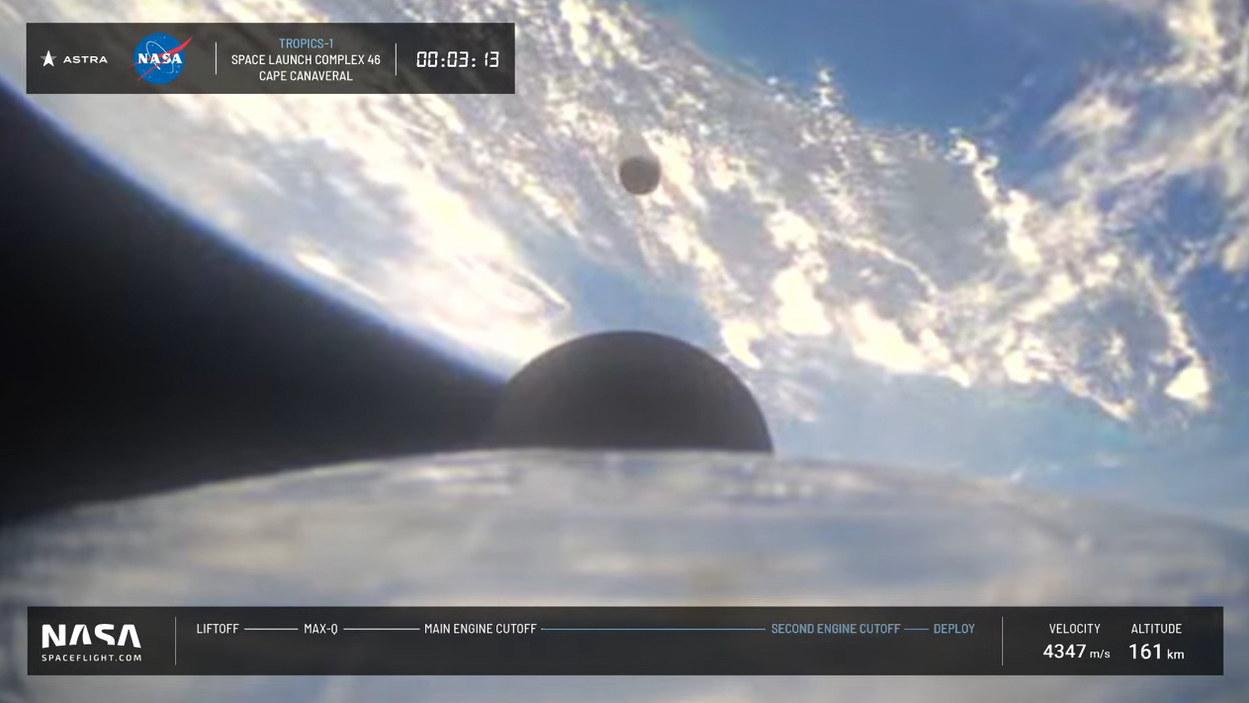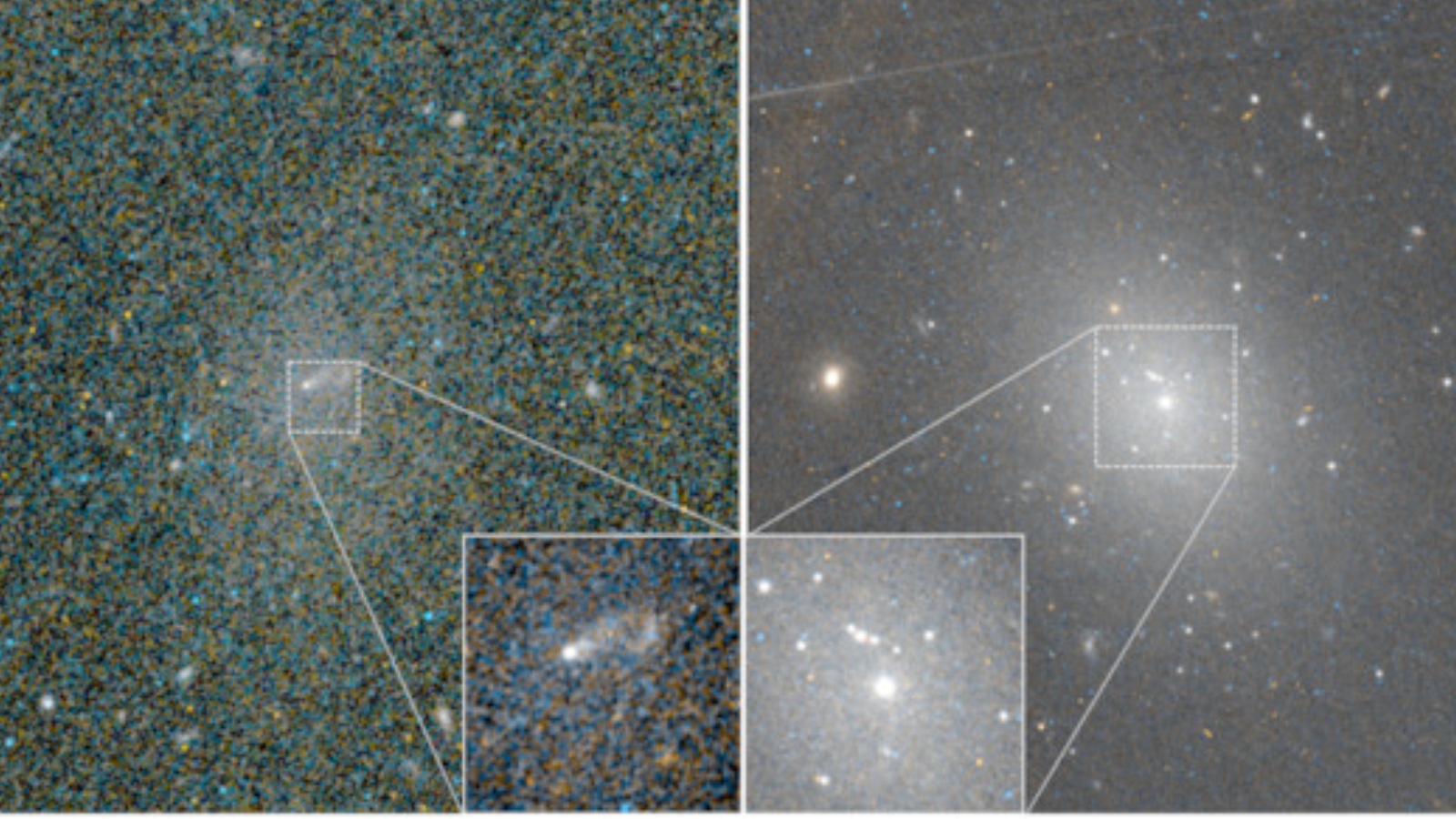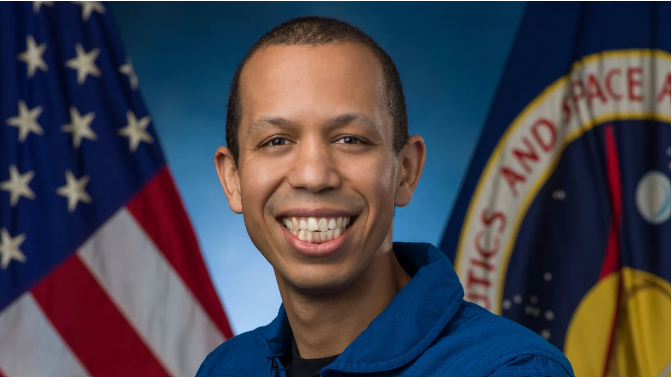Astra rocket suffers major failure during launch, 2 NASA satellites lost
The first two NASA TROPICS cubesats to study hurricanes were lost in the launch failure.
An Astra rocket carrying two small hurricane-tracking satellites for NASA failed to reach orbit Sunday (June 12) after a major malfunction shortly after liftoff.
The Astra rocket, called Launch Vehicle 0010 (LV0010), suffered a second-stage failure after lifting off from a pad at the Cape Canaveral Space Force Station in Florida at 1:43 p.m. EDT (1743 GMT). Two NASA cubesats, the first of a six-satellite fleet to track hurricanes as part of a $30 million mission, were lost.
"We had a nominal first stage flight; however, the upper-stage engine did shut down early and we did not deliver our payloads to orbit," Astra's Amanda Durk Frye, senior manager for first stage and engine production, said during live launch commentary.
"We have shared our regrets with @NASA and the payload team," Astra officials added in a Twitter update. "More information will be provided after we complete a full data review." Sunday's attempted launch was initially targeted for 12 p.m. EDT (1600 GMT), but was delayed by a boat in the launch zone and a fueling issue.
Video: Watch Astra's LV0010 rocket launch failure with NASA satellites


Astra's LV0010 mission was carrying the first satellites of NASA's Time-Resolved Observations of Precipitation structure and storm Intensity with a Constellation of Smallsats (TROPICS). It was the first of three planned TROPICS missions this year by Astra, each carrying two NASA cubesats about the size of a loaf of bread, to complete the hurricane-watching constellation. Astra's three-mission TROPICS deal with NASA is worth a total of $7.95 million for the company.
"TROPICS will give us very frequent views of tropical cyclones, providing insight into their formation, intensification, and interactions with their environment and providing critical data for storm monitoring and forecasting," Scott Braun, a research meteorologist at NASA's Goddard Space Flight Center in Greenbelt, Maryland, said in a statement before launch.
Get the Space.com Newsletter
Breaking space news, the latest updates on rocket launches, skywatching events and more!
By using three pairs of TROPICS satellites, each in a different orbit, NASA hoped to monitor hurricanes and tropical storms every hour. It's unclear if the agency can still do that with just four satellites, or if the two lost in today's launch failure will be replaced.
Sunday's failed launch is the second mishap this year for Astra. In February, the California-based company failed to launch four NASA cubesats as part of the ELaNa 41 mission, a flight that was also staged from its Florida launch pad and marked Astra's first attempt to launch payloads for a customer. An issue with the rocket's payload fairing was to blame, with Astra implementing a fix to avoid a recurrence.
Astra successfully reached orbit with customer payloads a month later when its LV0009 rocket lifted off from a pad at the Pacific Spaceport Complex on Alaska's Kodiak Island, where the company had launched four previous test flights. The company's first successful orbital launch occurred on one of those test flights in November 2021.
Email Tariq Malik at tmalik@space.com or follow him @tariqjmalik. Follow us @Spacedotcom, Facebook and Instagram.
Join our Space Forums to keep talking space on the latest missions, night sky and more! And if you have a news tip, correction or comment, let us know at: community@space.com.

Tariq is the Editor-in-Chief of Space.com and joined the team in 2001, first as an intern and staff writer, and later as an editor. He covers human spaceflight, exploration and space science, as well as skywatching and entertainment. He became Space.com's Managing Editor in 2009 and Editor-in-Chief in 2019. Before joining Space.com, Tariq was a staff reporter for The Los Angeles Times covering education and city beats in La Habra, Fullerton and Huntington Beach. In October 2022, Tariq received the Harry Kolcum Award for excellence in space reporting from the National Space Club Florida Committee. He is also an Eagle Scout (yes, he has the Space Exploration merit badge) and went to Space Camp four times as a kid and a fifth time as an adult. He has journalism degrees from the University of Southern California and New York University. You can find Tariq at Space.com and as the co-host to the This Week In Space podcast with space historian Rod Pyle on the TWiT network. To see his latest project, you can follow Tariq on Twitter @tariqjmalik.
- Mike WallSenior Space Writer









